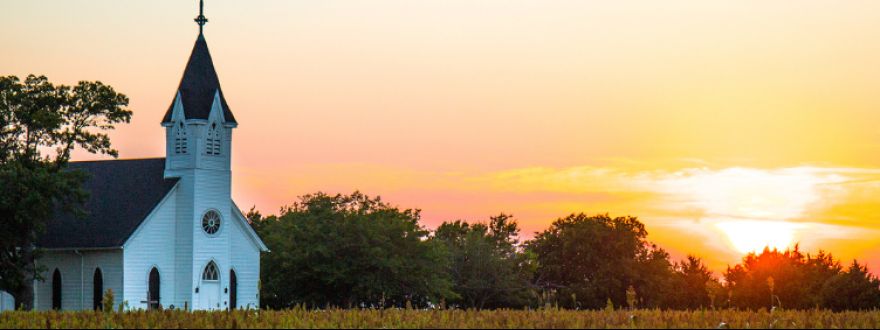
Why Church Insurance Matters
Churches are more than buildings- they are community hubs. With that comes many risks:
- Physical risks to property (weather damage, fire, vandalism)
- Liability risks (someone injures themselves on church grounds, events your church hosts, etc.)
- Risks associated with operations (staff or volunteers, transportation, ministries, outreach)
- Unforeseen legal exposure (leadership decisions, counseling, abuse claims, etc.)
Insurance helps protect the church's mission so that a single disaster doesn't jeopardize everything.
Key Types of Coverage
1. Property Insurance- covers damage to the building(s), contents (pews, musical equipment, appliances), outbuildings, etc. Natural disasters (storms, hail, wind) are real risks in Georgia.
2. General Liability Insurance- For bodily injury or property damage third parties suffer on church property or during church events.
3. Workers' Compensation- Georgia law requires this if you have employees. It covers staff medical expenses, lost wages in case of work-related injury.
4. Commercial Auto- If your church owns or uses vehicles for church business, you'll need this.
5. Directors and Officers- Covers church leadership if they are sued for decisions made in their official capacity.
6. Event Liability/Special Event Coverage- For occasions outside normal operations (festivals, dinners, outreach events)
7. Cyber Liability- Protection against data breaches, hacking, fraud related to online giving, member data.
8. Umbrella- Extra Liability protection above standard policy limits.
9. Sexual Misconduct- Specific coverage for allegations of abuse by staff or volunteers.
Specific Local Considerations in Monroe/Walton County
- Local agents and expertise matter. Agents who operate locally know Monroe-area building values, local codes, the usual risks better.
- Historic Buildings: If the church is old, there could be higher cost to restore in kind, or insurance may require specific maintenance or materials.
- Volunteer coverage: Many churches in Monroe lean heavily on volunteers; ensuring they are properly covered, if injured is key.
- Growth and expansion: As Monroe grows, many churches expand ministries, events, and outreach. Each expansion can mean increased insurance needs.
- Regulations and requirements: Complying with Georgia state requirements (for workers' compensation, possibly other rules depending on church size/staff) is essential.
What to Look For/ Questions to Ask When Choosing a Policy
1. Assess your risks: Look at church size, property condition, activities, events, use of vehicles, technology use, volunteer involvement.
2. Current Replacement Cost vs. Market Value: Make sure property insurance is enough to rebuild or repair properly, not just settle at depreciated value.
3. Volunteer Coverage: Are volunteers covered under your general liability or does the policy exclude them? What about accident or medical coverage for volunteers?
4. Event Coverage: If you hold events off campus or do mission trips, is that covered, or is a seperate policy needed?
5. Limits of Liability: What are the coverage limits? Are the adequate?
Cost Factors/ What Influences Premiums
- Sum insured/ replacement cost of your buildings and contents
- Location hazards (storms, flood, tornadoes). If in a flood zone, might need extra coverage.
- Building Construction (wood vs masonry, roof type) and age. Older buildings often cost more to insure.
- Safety and loss control measures in place. Churches with better safety practices often get better rates.
- Claims history: past claims may raise rates.
- Deductible Amount: Higher deductibles lower premiums, but shift more cost to the church if something happens.
- Number of employees, use of vehicles, volunteer exposure.
Conclusion
Church insurance is not a "nice to have" it is essential in Monroe, GA, just like anywhere else. With local agencies, state regulatory requirements, and a range of possible exposures, church leaders need to be proactive. The right coverage lets your church focus on its mission, without fear that a single accident or loss could derail ministry.
